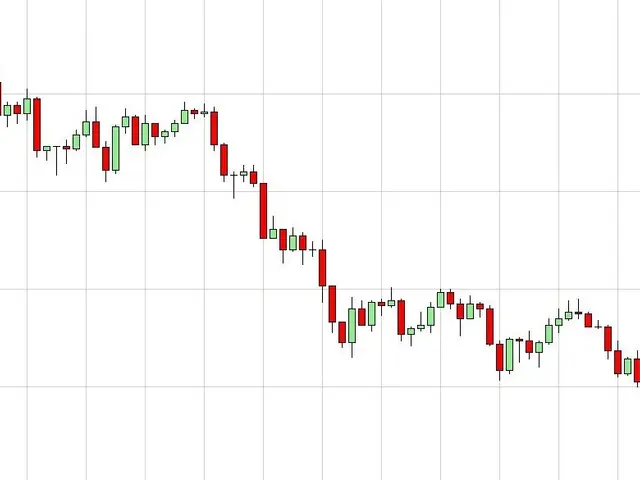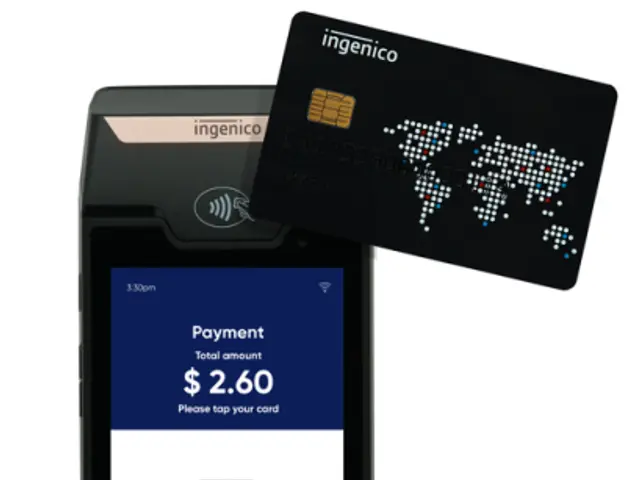Optimal Purchase Choice: Costco versus BJ's Wholesale Club for Stocks
Savvy bulk purchasers and price-conscious shoppers have propelled the private membership discount store business into immense success. Companies like Costco Wholesale (-0.48%) and BJ's Wholesale Club (0.02%) are capitalizing on this popularity, experiencing remarkable expansion and record earnings. At present, both companies' shares are at record highs; Costco has surged by 44% this year, while BJ's has seen a similarly impressive 40% increase.
So, should you invest in Costco or BJ's Wholesale stock at this moment? Here's what you need to consider.
The argument for BJ's Wholesale Club
Despite sharing a club-based warehouse retail model with Costco, BJ's Wholesale holds several distinct advantages. With 7.5 million paying members and 247 club stores, BJ's is significantly smaller than Costco, which boasts 76 million members and over 890 warehouses worldwide.
However, BJ's maintains a strong regional foothold, particularly in the eastern United States. Members are drawn to the broader range of grocery options, which often come in smaller packages, making shopping more convenient. BJ's is also renowned for accepting coupons and regularly offering promotions, appealing to thrifty customers.
Recent financial results indicate that its strategy is working. In Q3 2024, comparable club sales, excluding the gas station business, increased by 3.8% year over year, accelerating from a 2.3% growth rate in Q3 2023. Q3 2024 adjusted EPS saw a 18% increase from the previous year, surpassing analyst predictions.
Management attributes this growth to a flourishing membership base and higher store traffic. Enhancements in digital capabilities, such as home delivery and in-store pickups, are also boosting sales. Digital-enabled comparable sales have grown by 30% this year, serving as a new propellant for growth. With optimism in its financial outlook, BJ's has raised full-year growth and earnings expectations.
In summary, BJ's Wholesale Club has several appealing investment factors, including newfound operational and financial energy. Although it may never dethrone Costco as the largest wholesaler, its more attractive valuation is an appealing draw for investors. BJ's shares are priced at 24 times its anticipated 2024 EPS as a forward P/E ratio, representing a significant discount to Costco's forward P/E of 54. While some of the difference may be justified by Costco's scale and financial strength, economically-minded investors may discover a worthwhile value in BJ's Wholesale stocks.
The case for Costco Wholesale
BJ's may have performed admirably, but Costco's development trends are even more promising. The company reported its October monthly operating update, noting that its total company net comparable sales, excluding the effects of gasoline price adjustments and foreign currency, rose by 6.5% from the previous year. This growth is higher than BJ's from the previous quarter and demonstrates Costco's size advantage and exposure to growing international markets.
What sets Costco apart from BJ's is its wider selection of luxury and high-end items, such as electronics, furniture, and jewelry. In a stable economic environment with expectations of lower borrowing costs as the Federal Reserve considers cutting interest rates, Costco may capitalize on a rebound in member discretionary spending.
Ultimately, Costco's allure over BJ's Wholesale is rooted in its industry leadership and renowned brand. Costco stock is priced high, but investors may find justification in its blue-chip status and potential for further international expansion, which could still be in its early stages.
Time for a decision
Costco is certainly appealing, but its stock is presently too expensive for me to invest in at this time. Conversely, shares of BJ's Wholesale appear to offer a better value and could be the smarter choice for investors presently. Despite the stock market's inherent unpredictability and the risk of disappointing company results, BJ's Wholesale stock appears to be the more promising option for rewarding shareholders into 2025 and beyond.
In the context of potential investments, considering the financial performance and growth strategies of both companies, BJ's Wholesale Club's more attractive valuation, broader range of grocery options, and focus on thrifty customers make it an appealing choice for some investors. The company's increased comparable club sales, EPS, and digital sales, along with its optimistic financial outlook, contribute to its investment appeal.
Given the competitive landscape in the private membership discount store business, one might contemplate whether investing in BJ's Wholesale Club stock could yield higher returns compared to Costco Wholesale, despite Costco's larger size and exposure to international markets.








